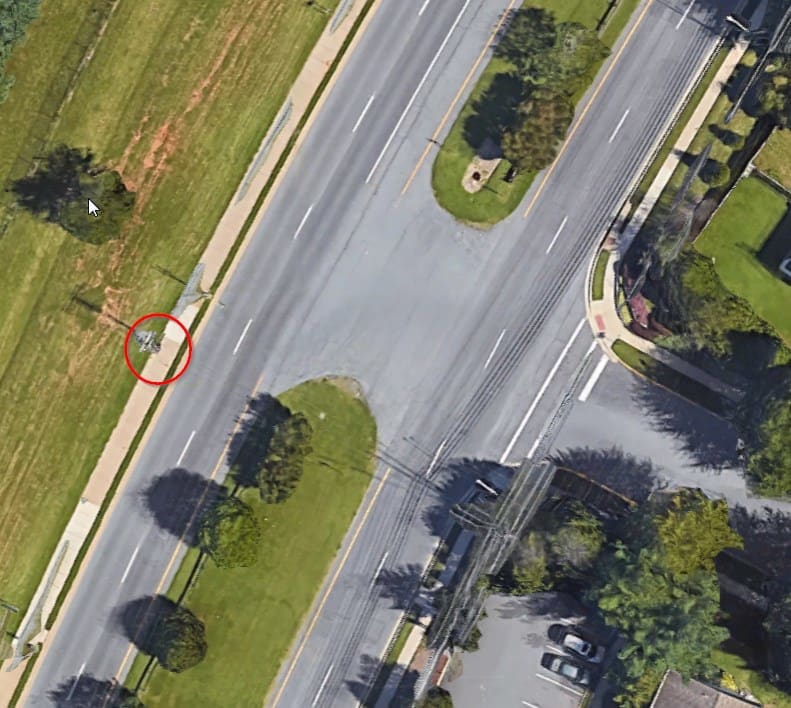drawoh
Mechanical
- Oct 1, 2002
- 8,956
Continued from thread815-436809
Please read the discussion in Thread I prior to posting in this Thread II. Thank you.
--
JHG
Please read the discussion in Thread I prior to posting in this Thread II. Thank you.
--
JHG

